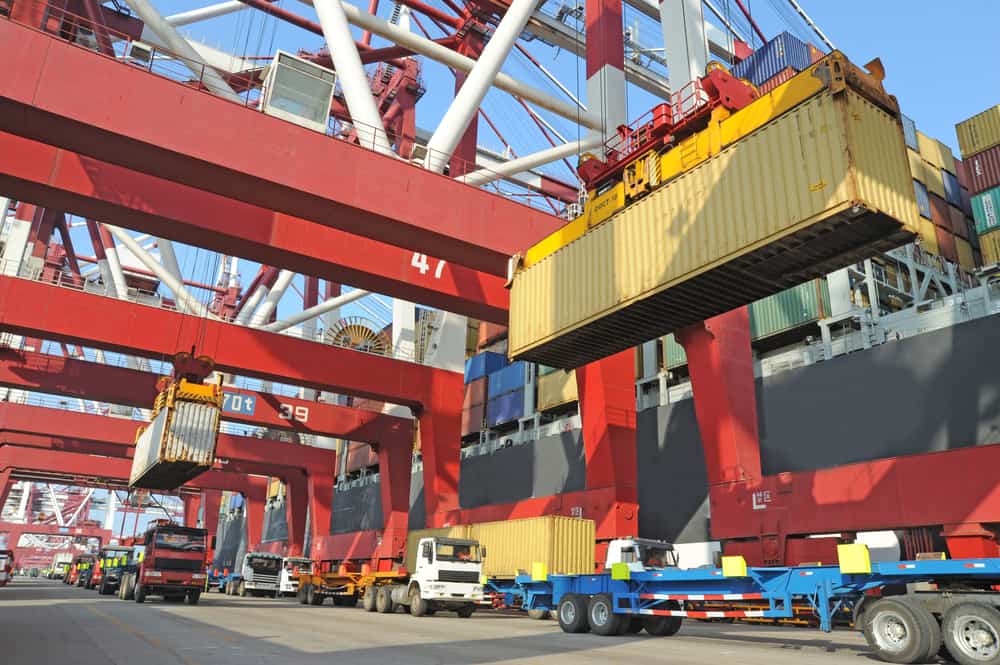It is very common to talk about blockchain as the solution to many problems in the supply chain.
TradeLens, designed by Maersk and IBM, is enabled by blockchain, and provides shipping solutions to promote secure and efficient international trade. ZIM Line has agreed to adopt TradeLens as it moves to increase efficiency of daily transactions with all trading partners. The system brings together different players to support transparency and information-sharing. The platform has established a digital baseline, which connects all stakeholders such as shippers, customs agencies, terminal operators, carriers, and logistics service suppliers to facilitate digital transformation and collaborative innovation in the supply chain. To develop smooth container shipping activities, other startups like 300Cubits, ShipChain, CargoX and Blockshipping are applying the technology to offer solutions for long-standing issues like carrier-shipper/overbooking, no-show behavior, and bill of lading transfer and creation.

The advantages of TradeLens include providing a common system for terminal and port operators
The information-sharing process is convenient because all players such as shippers, customs agencies, terminal operators, carriers and logistics service suppliers execute digital services from a single ground. Previously, because of fragmented information sharing, the levels of trust were very low resulting in information leakages. This solution helps to decrease delays created by statutory requirements such as informational delays and documentation errors. This platform helps those who use Smart Contract to collaborate digitally across different players in global trade and ensures multiple trading using a single channel. Maersk and IBM work with other ecosystem partners to help establish opportunities and reduce transit times of packaging materials, helping avoid monetary losses.
TradeLens achieves better visibility and more effective ways of communicating. Supply chain participants project that they will reduce the process taken to accomplish major operations. On the other hand, TradeLens has various disadvantages such as the issue of storage, since there will be huge data generation. Additionally, the high number of transactions determines its efficiency. In case there is a conflict, resolution and governance may be problematic since statutory requirements and physical rules vary from one country to another.
Blockchain technology will be applied through various uses in the world of shipping and logistics, ensuring the security and safety of goods.
Just as the internet evolved from being a client application to involving many thousands of web-based apps, the peer-to-peer models TradeLens will generate new inventions. This will include channels where logistics applications will be deployed to increase the speed of order fulfillment. Logistic chain management will be self-orchestrated, faster, and more lean. By using digital solutions, slow manual work will be replaced hence small firms will be able to compete with other big companies. When goods move in the wrong direction, businesses will trace them without difficulties and prevent fraud or theft. As products are protected, money will be safeguarded thereby increasing customer satisfaction. As technology continues to advance, blockchain will be of great interest for the supply chain, and most organizations are determined to be on the forefront of technological advancement.
- 81shares
- 64Facebook




